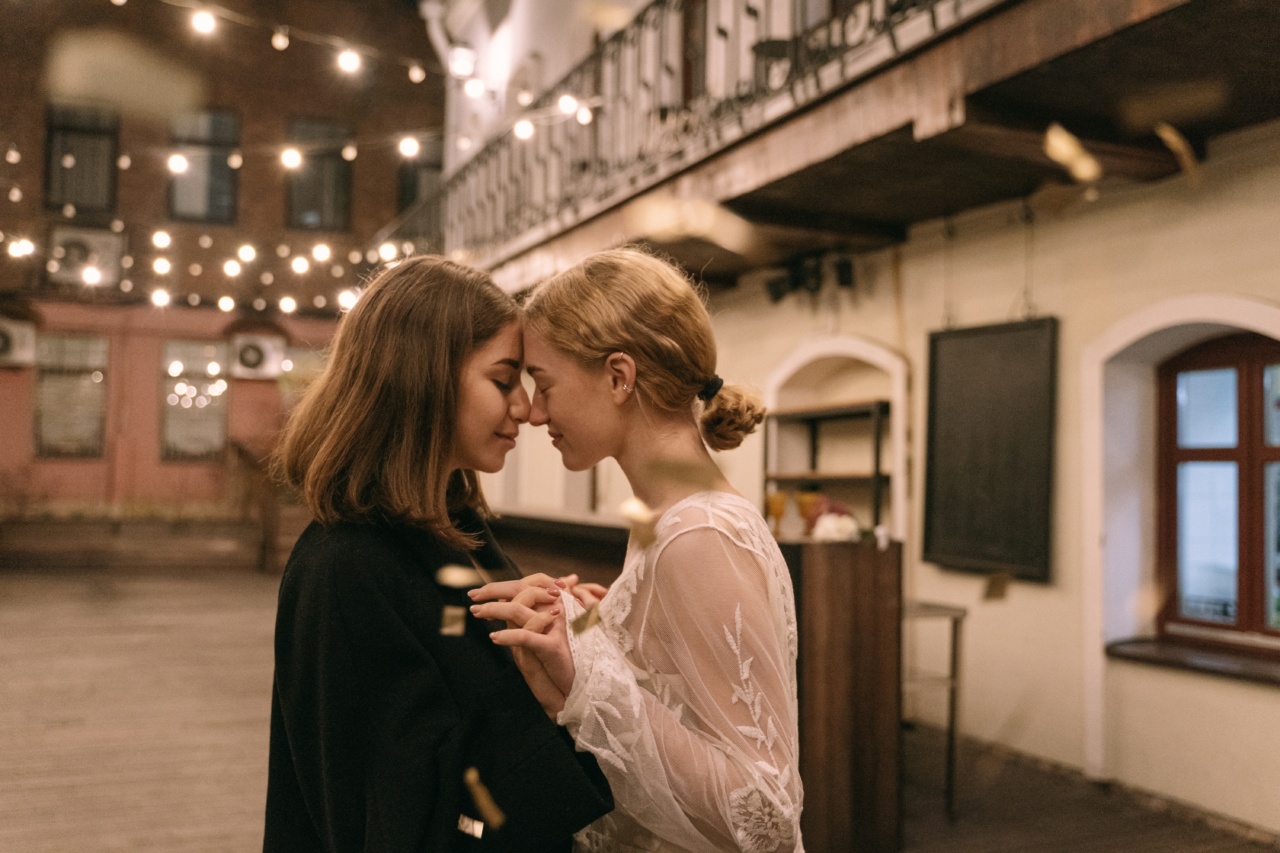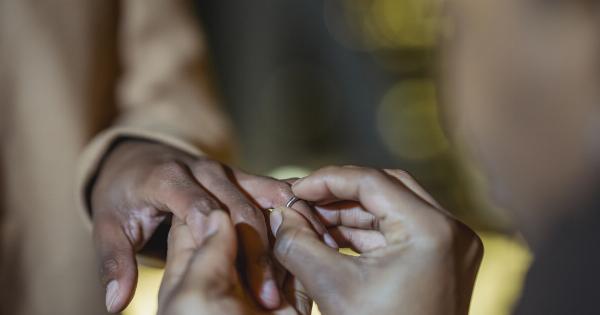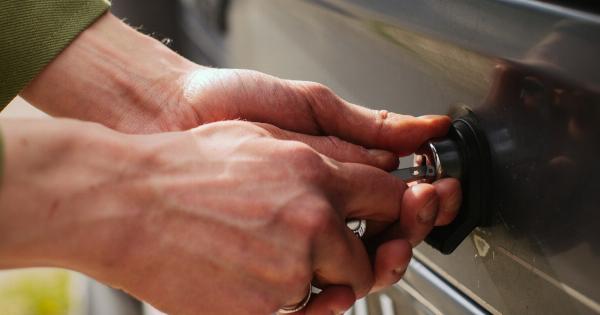The wedding day is supposed to be the happiest day of our lives, a day we remember forever. It is the day we celebrate love, commitment, and the start of a new life.
However, a growing number of couples report struggling to feel intimate on their wedding night. Instead of feeling connected and passionate, many feel awkward, exhausted, or even disappointed. Why is that? Why do we avoid intimacy on our wedding night?.
The Pressure of Expectations
One of the main reasons couples avoid intimacy on their wedding night is the pressure of expectations. We often put so much emphasis on the wedding day that we forget it’s just one day – a day that follows months of planning, expenses, and stress.
We expect everything to be perfect, from the venue to the catering, the music, and the dress. We also expect our emotions to be perfect – to feel overjoyed, grateful, and passionate.
However, when the day finally arrives, things can easily go wrong. The weather might be bad, the food might not be as good as expected, or some guests might cause drama. We may feel exhausted, anxious, or even annoyed by all the attention we’re getting.
All of these factors can interfere with our ability to feel intimate and present with our partner.
Physical Exhaustion
Another reason why we often avoid intimacy on our wedding night is physical exhaustion. Weddings are long, emotionally draining events, and we spend the whole day on our feet, talking to people, dancing, and posing for pictures.
By the time we reach the bedroom, we may feel too tired to have sex. Our bodies may ache, our feet may hurt, and our minds may be buzzing with thoughts and worries.
Performance Anxiety
Performance anxiety is another common reason why couples avoid intimacy on their wedding night. We may worry about how we look, smell, or sound. We may worry about our partner’s expectations, or about living up to societal norms and stereotypes.
We may worry about getting pregnant, getting hurt, or not being able to pleasure our partner. All of these worries can interfere with our ability to enjoy the moment and connect with our partner.
Alcohol and Drugs
Alcohol and drugs are often present at weddings, and they can also interfere with our ability to feel intimate. While some people may experience a burst of courage and confidence, others may feel dizzy, disoriented, or even sick.
Too much alcohol or drugs can also lead to risky or regrettable behavior, which can further damage our intimacy and trust.
Personal Issues
Finally, personal issues can also play a role in why we avoid intimacy on our wedding night. We may have unresolved emotional or psychological issues that make us feel detached or disconnected.
We may have body image issues, trauma, or negative beliefs about sex that hinder our ability to feel pleasure and connection. We may also have relational issues, such as communication difficulties, trust issues, or unresolved conflicts, that prevent us from fully opening up to our partner.
The Importance of Communication and Self-Care
Regardless of the reasons why we may avoid intimacy on our wedding night, it’s important to acknowledge that it’s a common problem. It doesn’t mean we’re not attracted to our partner, or that we’re doomed to a loveless marriage.
Rather, it’s a sign that we’re human, and that we need to take care of ourselves and our relationship.
One of the best ways to overcome the pressure of expectations, physical exhaustion, performance anxiety, and personal issues is through communication.
Talking to our partner about how we feel, what we need, and what we’re afraid of can create a safe space for intimacy. It’s also important to practice self-care, such as getting enough sleep, eating well, and doing activities that make us feel good, before and after the wedding.
Conclusion
Intimacy is a crucial aspect of marriage, but it’s not always easy or spontaneous. Weddings can be a challenging time for intimacy, due to the pressure of expectations, physical exhaustion, performance anxiety, alcohol and drugs, and personal issues.
However, with empathy, communication, and self-care, couples can overcome these obstacles and build a strong, connected, and fulfilling relationship.





























